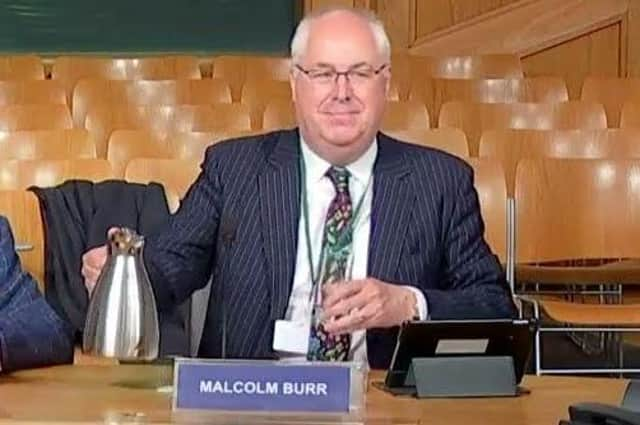Comhairle chief: Decade of cuts threatens even legal duties


That message was delivered by Malcolm Burr, the Comhairle’s chief executive, when he gave evidence to the Finance and Public Administration Committee of the Scottish Parliament last week.
Mr Burr told MSPs that the Comhairle has seen “the largest pro rata funding reduction” of any Scottish local authority over the last ten years due to “a combination of the funding formula and other factors”.
Advertisement
Advertisement
He continued: “For a small council, it means that our sustainability in performing our statutory duties, showing community leadership and being an effective advocate for our area is inevitably questionable in future”.
He said that options available to mainland authorities “such as outsourcing services and sharing services across boundaries, are simply not available to the islands councils. There is no market in the Western Isles to undertake refuse collection, waste disposal or leisure services.
“Likewise, I cannot close a leisure centre and hope that the private sector will pick that up or that customers will be able to travel by bus to another part of the island. If I close a leisure centre, the entire island’s leisure facilities are gone”.
Mr Burr called for “needs-based funding” and added: “The law provides that an island communities impact assessment must be made for any change to policy, strategy or service. That, in our view, includes Scottish budgets. We need a gradual restoration of funding levels, not in excess of what was there before but to mitigate some of the reductions”.
Advertisement
Advertisement
He also took the opportunity to beat the drum for the “single public authority model” bringing council, NHS and other services within one organisastion. He continued: “The resource available to the Western Isles and how that is distributed, managed and how delivery of it is structured should be through one elected authority, which is the model in many other parts of Europe, it must be said. Scandinavia always comes to mind.
“I do not think that there has to be a Health Board in the Western Isles; rather, there have to be agreed national health outcomes in the Western Isles. How those are delivered has to be, as much as possible, in support of the islands that are being served and there may be different outcomes based on different needs.
“There is absolutely room in a single island authority model for the NHS to do what it does, what it has to do and should be doing with its employees, but it is about the wider resource. At the moment, frankly, we have too many organisations serving 27,000 people”.